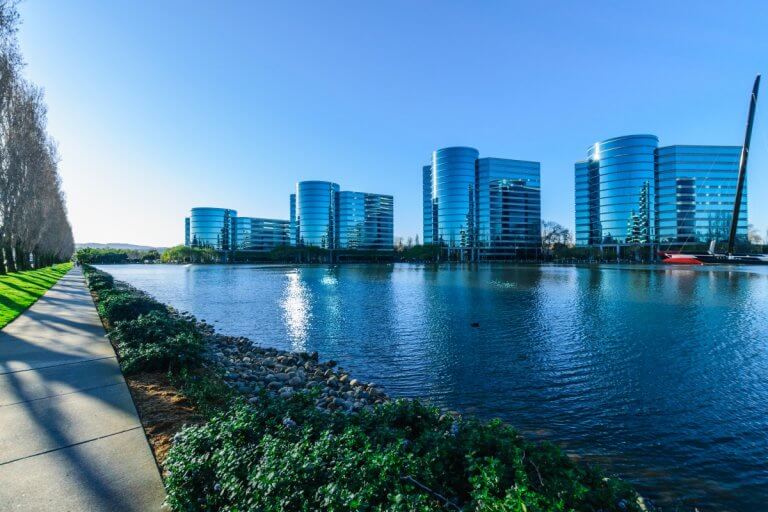
The H-1B visa is a popular program used by American employers to recruit foreign talent from abroad or international graduates from universities to fill specialty occupations. This refers to jobs for which there are not enough skilled American workers to fill.
Every year, as many as 85,000 petitions for this visa are selected through a lottery process, allowing many migrants to begin employment in the US legally and for a significant number, successfully.
Over the past two years, however, the visa program has turned controversial. Central to these accusations is the claim that H-1B visa-holders are taking away jobs from hardworking and (more) deserving locals.
Are U.S. jobs vulnerable to workers with H-1B visas? https://t.co/3U8C1Uuc8W
YES ALL @POTUS @USCIS @4US_Workers Kill #H1B #NOH1B H4 EB1C ALL— 🔥 HireAmOnly🔥 (@NavedTX) June 12, 2018
It’s not the most accurate of claims. While misuse and abuse of the program exists, the actual situation is far more complicated than that. You would have to dig deep into each H-1B visa holder’s specialised work and view it from a big picture perspective, taking in factors such as the dynamics of the labour markets as well as the flow of benefits arising from the visa holders’ work in the US.
The issue isn’t black and white, as much as alt-right news organisations are trying to convince readers that this is daylight robbery that’s jobs from locals.
Now, a recently published survey by non-profit advocacy group Silicon Valley Leadership Group (SVLG) and Mercury News suggests that geographical location of Americans also plays a role in how they perceive this supposed H-1B job theft.
Almost half as many Americans residing in Silicon Valley believe H-1B workers are stealing jobs meant for locals, compared to the national average.
Only 23 percent of Bay Area residents – those sharing the same addresses as tech giants like Google and Facebook – are convinced of this compared to the national figure of 45 percent, Quartz reported.
Silicon Valley is less likely to believe H-1B workers are stealing US jobs https://t.co/Hep5HVwKRv pic.twitter.com/QikvtXPd2q
— Quartz India (@qzindia) June 20, 2018
When asked whether H-1B visa holders contribute critical skills that Americans are unable to provide, close to four in 10 Silicon Valley residents agreed. In contrast, the national figure is 30 percent.
Unsurprisingly, current and former tech employees are more predisposed to believe this as well.
Similarly, Forbes reported on a survey earlier this year which found that US businesses in the science and tech fields are demanding more foreign talent this year.
More than half of respondents (59 percent) said they would be hiring more foreign employees at their US offices, a survey by Chicago-based Envoy Global, an immigration services firm found. This is an increase from 50 percent who said so in 2017 and 34 percent in 2016.
“The survey respondents tell us they need higher skilled immigrants and think Washington should increase the cap for the H-1B,” says Richard Burke, Envoy’s CEO.
It’s clear which camp the current US administration sides with now, regardless of geographical location.
Since US President Donald Trump took office last year, the visa program has been through several changes such as increased monitoring to uncover visa abuses, more scrutiny on paperwork and tougher qualifying criteria.
For the international student, what this information ultimately means is that your chances of working in the US under an H-1B visa would likely increase if you apply for a science or technology job located in Silicon Valley, and preferably under a different US president.
Liked this? Then you’ll love…
Indian graduates in tech sector remain eligible for H-1B visa
What’s the ‘Buy American, Hire American’ policy got to do with H-1B visas?







